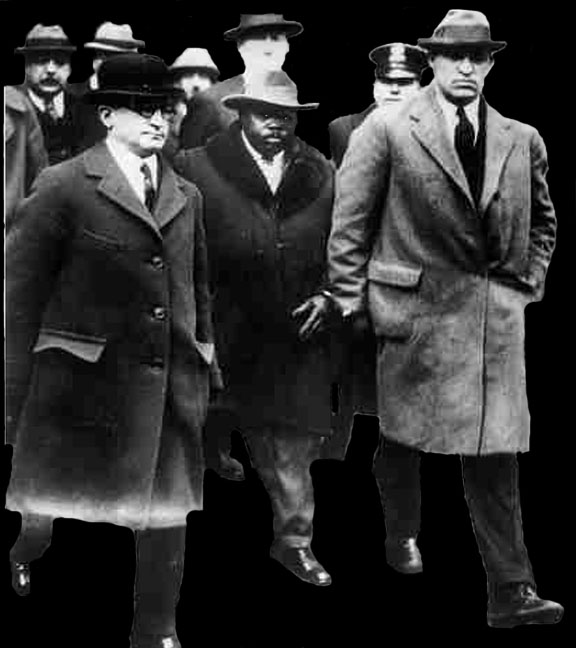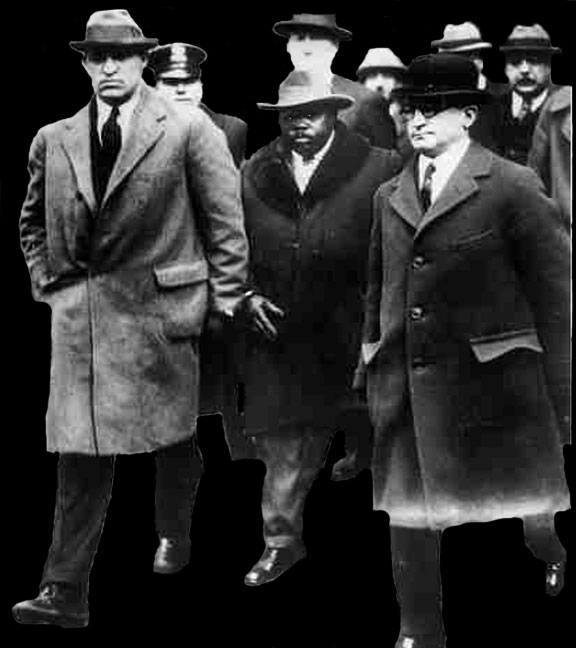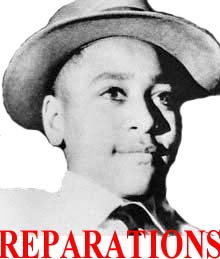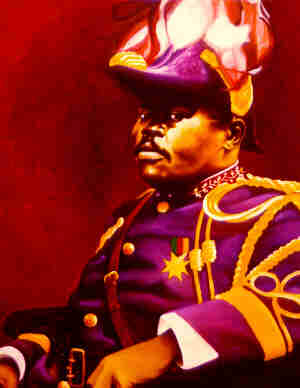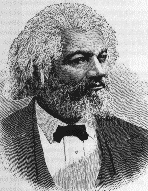aa
|
Marcus Garvey
Plato's Laws
Garvey borrowed the concept that the key function of law is the
maintenance of authority not only from Aristotle, but from Plato, whose Republic
and Laws presented a vision of an ideal state in which virtuous behavior is
encouraged through education, while conduct deemed corrupt is punished according
to a harsh system of penalties. Plato's penal code was in turn partially derived
from the Hammurabic code that preceded it. The crimes of embezzlement and
treason to the state through political factionalization, which Garvey suggested
should be punishable by death, were also crimes meriting capital punishment in
Plato's ideal state (Laws, 9.856) (however, Garvey's call for stoning as the
means of administering the death penalty is more likely derived from biblical
descriptions than from Plato). Plato recommended that all public officials be
subject to an audit and, should the audit reveal unjust self-aggrandizement, "be
branded with public disgrace for their yielding to corruption" (Laws,
6.761--762). Similarly, Plato wrote that "the servants of the nation are to
render their services without any taking of presents" and, if they should
disobey, be convicted and "die without ceremony" (Laws, 12.955). If, however,
leaders passed the state audit and were shown to have discharged their offices
honorably, they should, as Garvey's virtuous leader would, be pronounced worthy
of distinction and respect throughout the rest of their lives and be given an
elaborate public funeral at their deaths (Laws, 12.946--947). Just as Garvey
suggested that a child who identified a father's crime should be spared the
penalty of death, so Plato suggested that children who "forsake their fathers
corrupt ways, shall have an honourable name and good report, as those that have
done well and manfully in leaving evil for good" (Laws, 9.855).
Garvey's inclusion of kinship and property relations in
consideration of the organization of his ideal state also mirrored the teachings
of the Greek philosophers. He borrowed from Plato, who saw the state evolving
from the family into a more communal relation and who granted free women some
role in public life, in "universal education," and in the administration of the
state. Garvey also borrowed from Aristotle, who, more than Plato, preserved the
notion of the private household and the subordination of women as an integral
part of his ideal state. Garvey centered the private life of his ideal ruler in
a nuclear family and made the wife of the ruler a kind of chamberlain
accountable for her husband's financial dealings. Both Aristotle and Plato based
their ideal states on monogamous marriage and patriarchy, in which the household
of a citizen was compared to the larger hierarchy of the state, with a wife
subject to her husband as a subject is subordinate to a ruler. Garvey echoed
this model in his essay, wherein the wives of leaders are deemed "responsible
for their domestic households," regulated by law in the keeping of their
husbands' private and public accounts, and subject to capital punishment along
with their husbands for financial crimes committed during their husbands' tenure
in office. Garvey's recommendation that both the wife and husband should be
disgraced and put to death in cases of corruption in office mirrors not only the
family relations of the Greek state but archaic Mesopotamian codes governing
debt slavery, in which the wives or children of a male debtor could be enslaved
or put to death in payment for his financial failures.

|
|
a |

